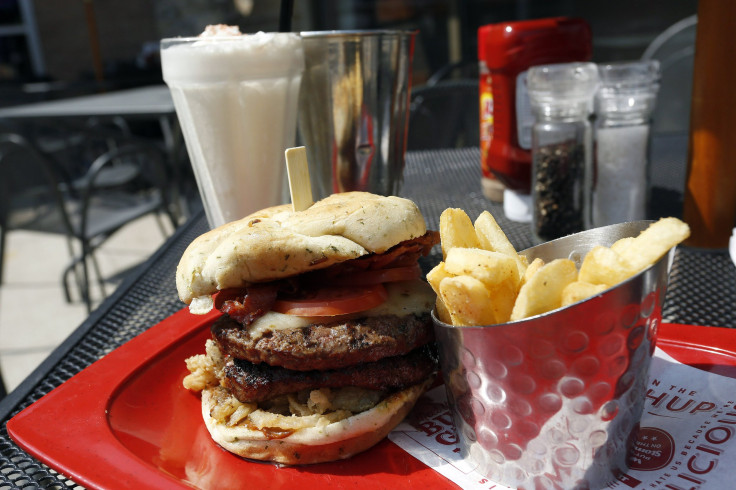Gut bacteria-based milkshake promises to reduce junk food and chocolate cravings

British scientists have come up with a new fibre milkshake that can switch off cravings for fast food, cakes and chocolates. The powder that is taken as a shake contains the fibre inulin-propionate ester and is based on a molecule produced by gut bacteria. This switches off that part of the brain responsible for high calorie cravings.
Scientists at Imperial College London and University of Glasgow also revealed that the milkshake not only reduces cravings but makes people eat up to 10 percent less of a healthy dish than normal.
The scientists asked 20 volunteers to consume a milkshake that either contained the ingredient or a type of fibre called inulin. Bacteria in the gut release a compound called propionate when they digest inulin. This may signal the brain to reduce appetite. However, it was found out that inulin-propionate ester supplement released more propionate in the intestines than inulin alone.
Volunteers of the current study underwent MRI scans after consuming the milkshake. They were shown images of low and high calorie foods such as vegetables, salad, fish, chocolate, pizza and cake. Participants who drank the milkshake containing inulin-propionate ester showed less brain activity linked to reward though only when looking at high calorie foods.
These areas in the centre of the brain, known as nucleus accumbens and caudate, have been earlier linked to motivation to want food and to food cravings. The high calories food choices appeared less appealing to the volunteers.
“Our previous findings showed that people who ate this ingredient gained less weight - but we did not know why. This study is filling in a missing bit of the jigsaw - and shows that this supplement can decrease activity in brain areas associated with food reward at the same time as reducing the amount of food they eat,” senior author of the study from the Department of Medicine at Imperial, professor Gary Frost, said in a statement.
The volunteers were also given a bowl of pasta with tomato sauce and were given the freedom to have as much as they wanted. Takers of the milkshake that had inulin-propionate ester ate 10 percent less than the one only containing inulin.




















